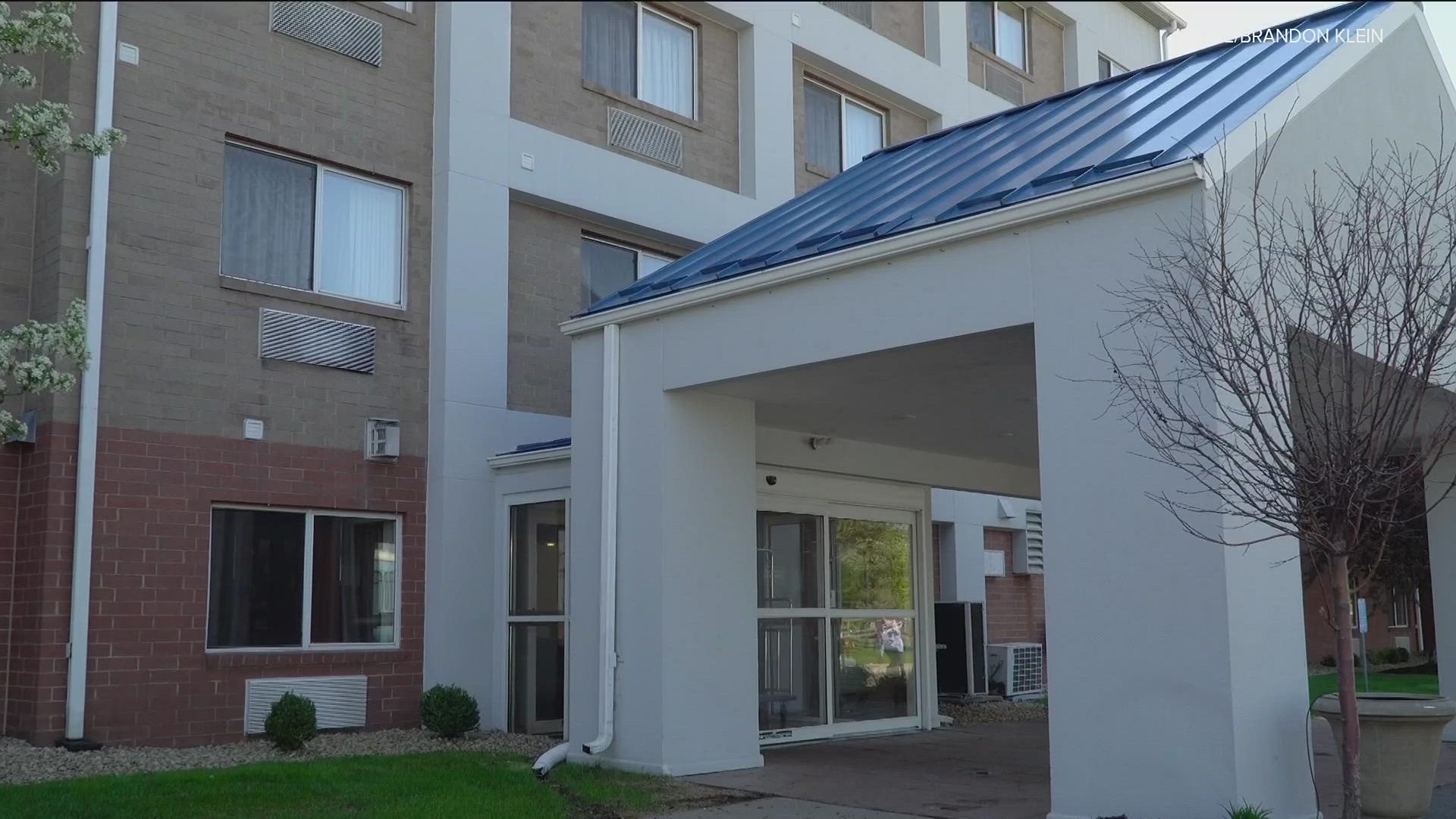ATLANTA — Lawmakers, advocates and state social workers are pushing for change around the ongoing need to ‘hotel’ foster children in the state’s care. It’s a practice the Division of Family & Children Services has been trying to tackle for years, Polly McKinney, advocacy director for Voices for Georgia’s Children, explained.
“A lot of times, it's children who are struggling with developmental disabilities and other traumas, and so what happens is you can't find a place for them to go,” McKinney said. “These children end up staying in motels, basically, or in DFCS offices with caseworkers with them 24/7 to help manage their behaviors as best they can while they try to figure out what to do.”
Many of these youth are abandoned, and many are in need of specialized services like therapeutic foster care and crisis intervention centers, both of which are limited around the state, McKinney explained. As a result, around 50 to 70 children in foster care with complex needs are housed in state offices or hotels every night.
Audrey Brannen, a state caseworker, detailed to lawmakers earlier this year some of the frustrations and attempts to get children needed help amid a lack of treatment beds in Georgia and struggles with insurance coverage.
In the interim, hoteling not only comes at a cost to children, who miss out on needed services and school, but also cuts into the department’s budget. On average, hoteling costs around $1,500 per night including the cost of the room, meals, and DFCS behavior aides, according to DFCS data compiled by Voices. Last year, the state spent around $28 million in hoteling costs, with some children being stuck in the system for months.
Yes, the issue is neither new nor unique to Georgia.
“Hoteling was one of the issues that kept me up at night,” Keith Horton, a former commissioner with Georgia’s Department of Human Services, told 11Alive.
Horton, who said an estimated 100 kids a night were being hoteled during his tenure, believes state leaders are indeed ‘laser-focused’ on the problem.
“This issue is not just in the state of Georgia, but this issue runs throughout the nation,” he added.
Horton, now the CEO of Christian City, said he believes faith-based organizations, families and the community must all be part of the solution. The organization’s house parent model is reporting success for foster placements, he said.
While there is limited capacity, Horton hopes there will be resources to expand and accommodate more of the calls he said the team receives daily from DFCS.
Yet, advocates said increasing placement options is only part of the solution. McKinney pointed to a possible need for higher reimbursement rates and early intervention screenings.
“I think we also need to look at family respite and family supports,” she said. “Those children come from families and most or all of them love those children, and they simply need help.”
The Department of Human Services is currently testing measures to reduce the number of kids housed in hotels, per the below testimony forwarded by a spokesperson.
“We launched a pilot project, paying enhanced per diems and one-time emergency grants for children in, or at imminent risk of entering a hotel or office, and we cover emergency staffing at several facilities to prevent placements from going online,” Commissioner Candice Broce said. “Since then, we have paid $1.4 million dollars in enhanced per diems, $810,000 in emergency grants, and over $5 million in staffing for nine providers. If a provider gets enhanced funding, they are prohibited from ejecting that child for at least six months, absent extraordinary circumstances, or else they become ineligible. Already, we have seen far fewer ‘placement disruptions,’ and thus, more stability for the children.”
On Thursday, the Children and Families Senate committee will also take a closer look at four bills advocated for by the department that will impact the foster care system. State Senator Nikki Merritt, who serves on the committee, said she’s also hopeful to see legislation which specifically speaks to the practice of hoteling.
“It's failing to protect these vulnerable children, and I think it's unacceptable,” she said. “We really need to act right now while we're in session.”

